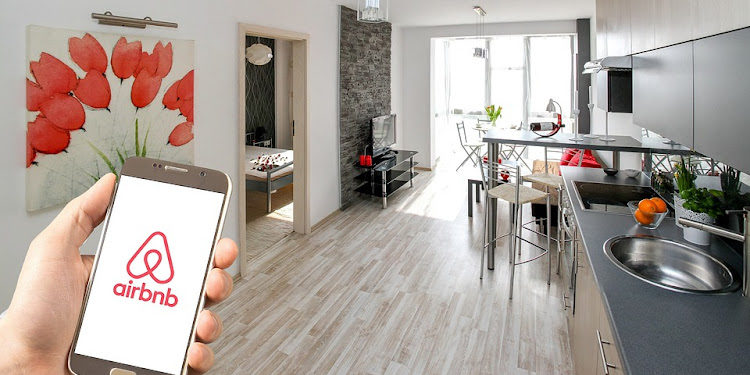Airbnb no longer provides the supplemental role to the hotel industry claimed by the founders but rather shows substitute characteristics. Customer comparison of price and value offered is the main attribution to the growth of Airbnb. Airbnbs experienced exponential growth in the Kenyan market after the COVID-19 pandemic.
This was mainly fueled by the restrictions imposed on the hotel and hospitality sectors and the need for a healthier environment health-wise. Airbnb was more accessible, considering it is accessible online and less crowded for many people looking for accommodation than hotels.
Read more: How To Start Airbnb Business In Kenya
With the affordable pricing of Airbnbs, customers are getting more value for their money, considering they are fully serviced for clients on a budget. They go beyond the traditional hotel industry to offer the client a more private experience where they can cook their own meals at a more affordable rate. With the decline of residential rent in Nairobi, landlords are considering turning their houses into Airbnb for better returns.
In addition, they are exempt from some of the taxes like the tourism levy and licensing from the Tourism Regulatory Authority (TRA), and thus they can price-compete, which the hotel industry refers to as unfair competition.
Read more: Analysis Of The Kenya Tourism Performance Report-2022
The future looks positive for the Airbnb sector mainly because of the value for money offered to customers. As more customers are satisfied and give good reviews, the sector is bound to continue growing.
Email your news TIPS to editor@thesharpdaily.com















